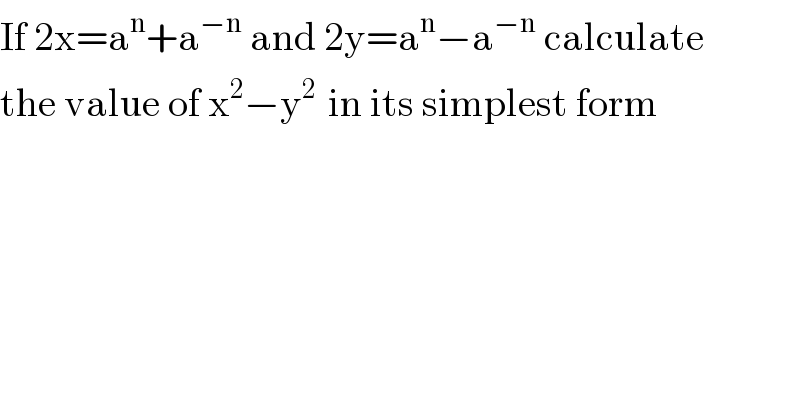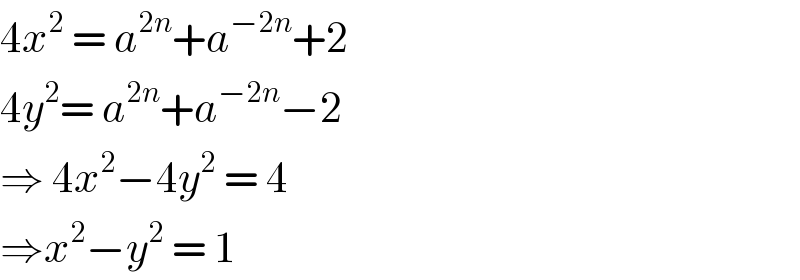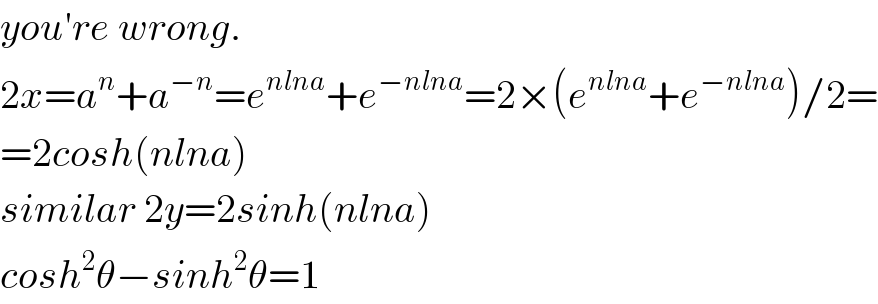
Question and Answers Forum
Question Number 113451 by pete last updated on 13/Sep/20

Answered by bemath last updated on 13/Sep/20

Answered by Her_Majesty last updated on 13/Sep/20

Commented by Her_Majesty last updated on 13/Sep/20

Answered by MJS_new last updated on 13/Sep/20

